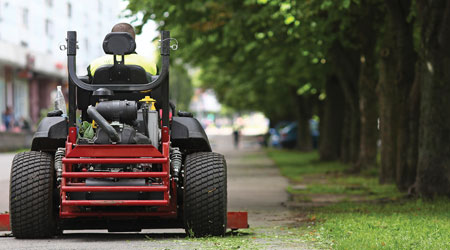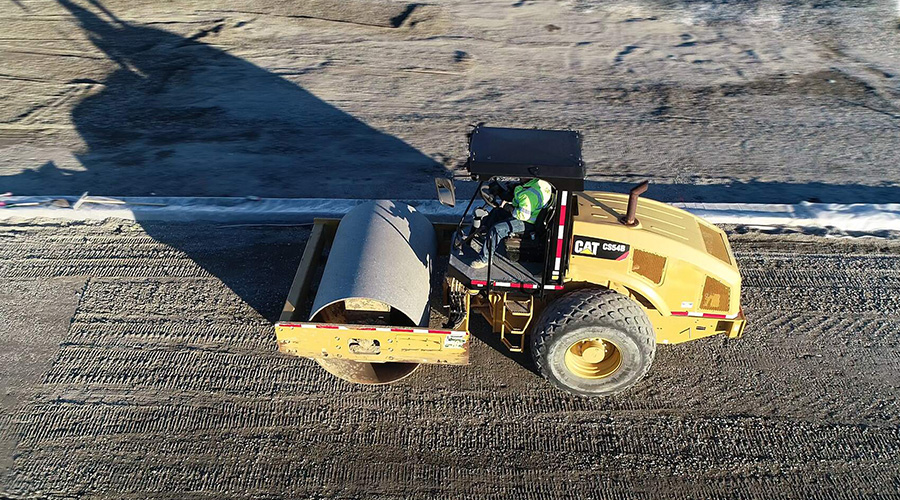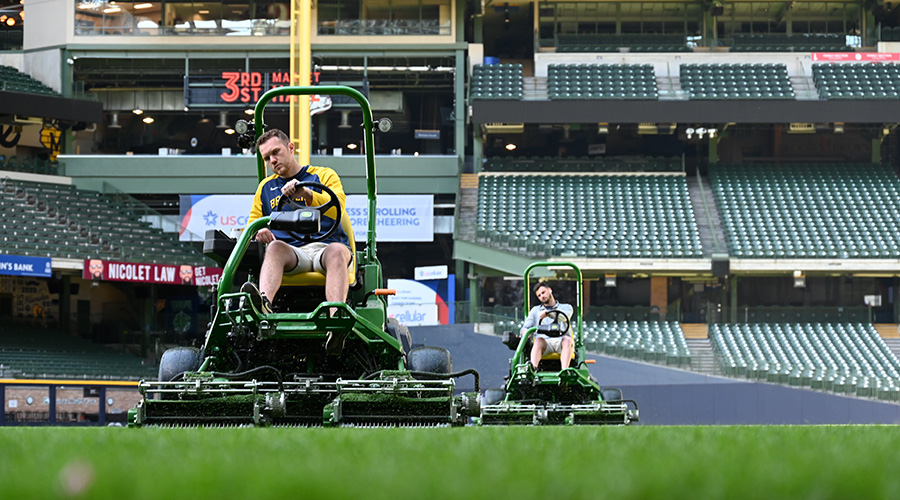How to Determine Whether to Repair or Replace Mowers
How soon a mower needs to be replaced comes down to how it's used. But good maintenance always helps extend the equipment's life as well.
The life span for a properly maintained mower can vary, but machines should last 1,500-2,000 hours. At some point, however, replacement must be considered.
“All commercial mowers are tested to 2,000 hours, but I recommend staying in the manufacturers’ warranty period” when planning for replacement, Griffith says.
“It comes down to how they’re being used, where they’re being used, and how well they’re being maintained,” Minas says. “In some cases, even if they’re maintained perfectly, if they’re operating in conditions that are brutal, it’s going to have a shorter life span. There are a lot of variables that play into it.”
Managers can compile data that indicate when replacement is growing near.
“Some sophisticated fleet managers track fuel usage, gallons per hour, including other consumables, and how much oil (a machine is) going through,” Minas says. “Those managers are going to start looking at replacement points when it’s using more fuel than it used to, more oil than it used to, they notice belts are breaking more often, if the controls get a little sloppy, or operators say it’s not operating the way it used to. It comes down to that point where things start being different than what normal is.”
An interest in technological advances and changes in fleet operating needs, such as taking on more property, all can affect the replacement cycle of equipment, says Brent Dobson with Grasshopper.
“Most (fleet managers) use a simple method: When the unit starts to break down, that unit should be replaced. Basically, when the unit becomes unreliable you may need to move on. Downtime causes lots of problems,” Vachal says.
When it’s time to replace commercial mowers, managers might be looking to increase or improve their efficiency, capacity, safety, and reliability. Today’s mowers offer options that can contribute to those goals. Electronic fuel injection (EFI) is one of those options. Another is diesel engines.
“EFI-powered products eliminate a lot of reliability concerns and deliver a better operator experience,” Vachal says. “Comfort and reliability are two factors that must be considered. Anything that can be done to reduce the fatigue of your crew will help both in productivity and retention.”
Minas says that the purchase price of EFI-powered products “is a little higher than a regular carbureted engine, so as a fleet manager and an owner, you need to calculate what that payback is.” If managers can save enough fuel within two or three years using the piece of equipment in a normal situation, they will come out ahead, he says.
An environmentally friendly diesel engine has less impact on the environment, offering lower fuel consumption and providing the torque needed to get mowing jobs completed.
“Managers also should look at how the mower is manufactured and parts are sourced,” Dobson says.
A growing focus on green technology is driving interest both in EFI and battery-powered mowers, but cost and, therefore, return on investment remains a factor.
“Probably the most widely used green technology in commercial mowing is the explosion of battery-powered products,” Vachal says. “Several key benefits exist with these types of products: elimination of fuel mix and the reduction in machine complexity. They virtually eliminate the need for a mechanic.”
Minas says one aspect of the option of battery-powered commercial mowers is the acquisition cost of the product in order to make it justifiable for a professional contractor. Runtime is another factor to consider.
“That’s the other issue we see with battery-powered equipment,” Minas says. “To have a machine that can run all day makes it almost cost-prohibitive for most people. To carry that kind of battery power is very expensive at this point.”
If managers want to focus on green regardless of the mower, Minas says that proper maintenance — even if it’s a carbureted or diesel engine — makes sure those engines are running as smoothly and efficiently as possible.
“If you’re doing that, you’re minimizing the environmental impact,” he says.
Related Topics:














